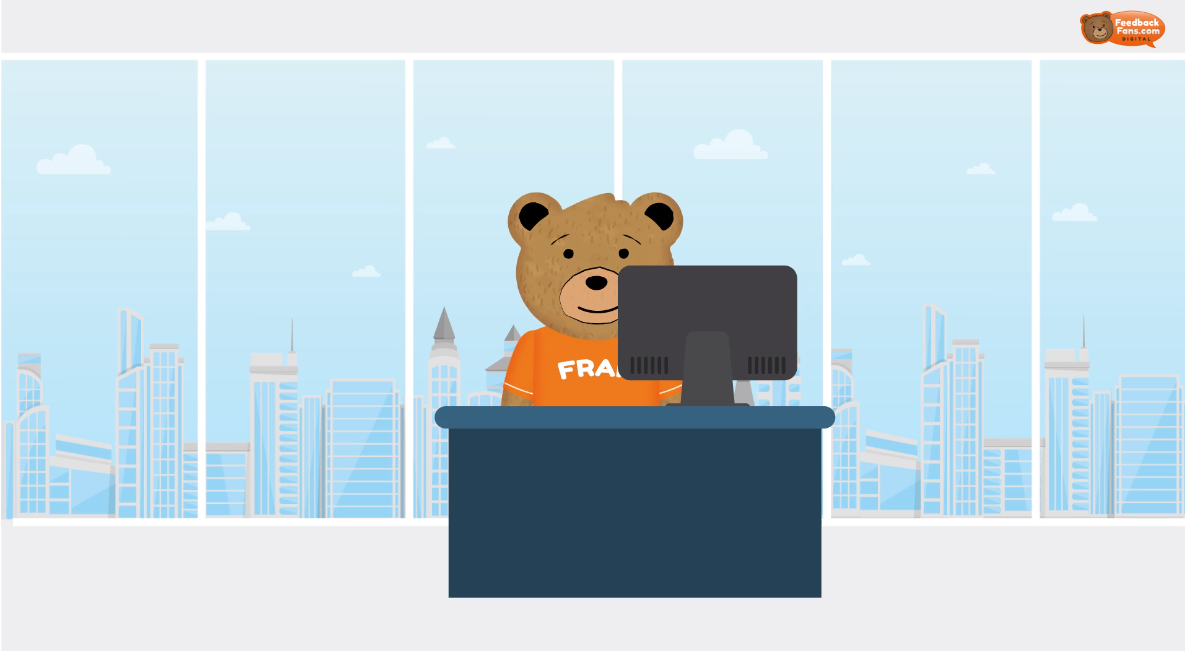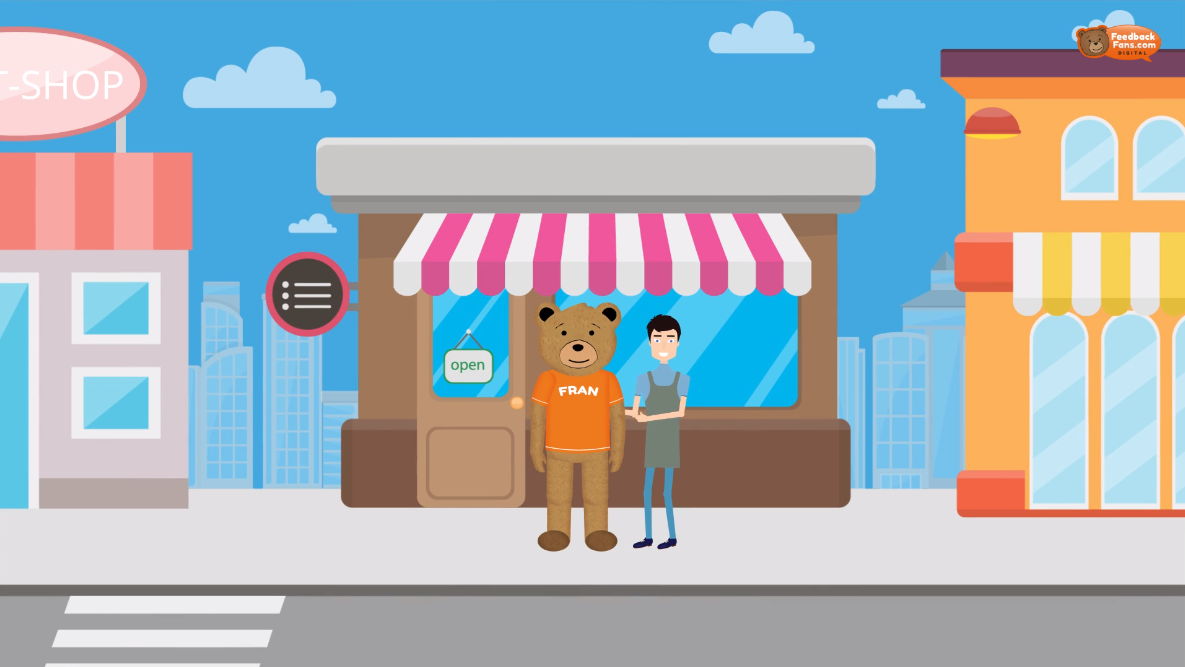Your brand isn’t just a logo or a catchy slogan—it’s the story people tell about you when you’re not in the room. Great branding builds trust, loyalty, and recognition, setting you apart in a crowded marketplace. Whether you’re a startup creating your identity or a seasoned business ready for a refresh, your brand should reflect your unique value and personality. Ready to create a lasting impression that turns customers into raving fans? Let’s make your brand unforgettable.
Stand Out with Something Unique

Branding isn’t just about a catchy logo or slogan; it’s about creating a memorable identity that your audience connects with. In a crowded marketplace, a unique brand presence—complete with a distinct name, look, and feel—helps you rise above the noise. Especially in competitive industries, strong branding makes your business instantly recognizable and helps you carve out your own space where customers know and remember you.
Build Loyalty that Lasts

A powerful brand creates more than just customers; it creates loyal fans. When people trust and relate to your brand, they’re more likely to stick with you through thick and thin. In today’s digital world, where choices are endless and competition is fierce, loyalty is gold. A strong brand makes it easier for customers to choose you, again and again, building a loyal base that keeps coming back and even spreads the word.
Clearly Communicate Your Value

A great brand does more than look good—it speaks volumes about what you offer and why it matters. Branding helps you communicate the benefits of your products or services, so potential customers understand not just what you offer but why it’s the right choice. Especially for complex or technical products, clear branding translates to clear messaging, so customers know exactly how you can make a difference in their lives.
Boost Perceived Value

A strong brand has the power to elevate your business’s value in the eyes of customers. When people trust your brand, they’re often willing to pay a premium because they associate your name with quality, reliability, and value. By building a reputable brand, you’re not only enhancing customer perception but also positioning your products or services as worth that little extra—an edge that’s especially crucial in competitive markets.

F.A.Qs about Branding
In this episode of Bear Business, Chris Barnard from FeedbackFans.com interviews Kim Rounsefell, the co-founder of My Digital CMO, a software platform designed to help small businesses and agencies develop and manage their marketing strategies.
Kim shares the inspiration behind the creation of My Digital CMO, which stemmed from her own struggles with marketing while running a small business in California. The conversation delves into the unique challenges the software aims to solve, such as integrating disparate marketing efforts into a cohesive strategy and providing tools for planning, execution, and evaluation.
Kim discusses how the platform was initially aimed at small businesses but unexpectedly gained traction with agencies, leading to the development of features tailored to their needs. The discussion also covers the importance of strategy in marketing, the evolving nature of the platform, and the role of customer feedback in shaping the product’s roadmap. The episode concludes with insights into the software’s pricing strategy, international expansion, and Kim’s favorite games to play in her downtime.
Bear Business is a content series aimed at business owners, leaders and entrepreneurs where we talk to a variety of subject matter experts about their products and services, the state of marketing and look at marketing technology solutions that are available to solve your everyday marketing problems.
We discuss a wide range of topics:
Introduction and Inspiration Behind My Digital CMO
Challenges in Marketing and Software Solutions
Evolution of My Digital CMO and Agency Adoption
Core Features and Functionality
Roadmap and Feature Development
Integrations and Future Plans
International Expansion and Marketing Strategy
Pricing Model and SaaS Strategy
Favourite Game: Galaxy Attack
#marketing #software #business #insights #strategy
Find Kim on Social Media
Linkedin: https://www.linkedin.com/in/kim-rounsefell-134b98266/
Website: https://mydigitalcmo.io/
Find Chris on Social Media
Linkedin – https://www.linkedin.com/in/cjbarnard/
TikTok – https://www.tiktok.com/@feedbackfans
YouTube – https://www.youtube.com/@getfeedbackfans
Chris Barnard from FeedbackFans.com welcomes Kev Wiles, a well-known independent SEO consultant as his guest on this episode of the Bear Business Podcast to discuss the state of SEO in 2024 and beyond.
Bear Business is a content series aimed at business owners, leaders and entrepreneurs where we talk to a variety of subject matter experts about their products and services, the state of marketing and look at marketing technology solutions that are available to solve your everyday marketing problems.
If you are a business owner, have an interest in marketing or in Search Engine Optimisation (SEO) in particular, you are going to find lots of helpful tips in this episode as we seek to give a verdict on the current state of SEO whilst talking about topics such as AI, the future of the industry and common mistakes you can avoid.
We discuss a wide range of topics:
Personal Branding in SEO
Importance of Personal Branding
SEO Industry Changes and Challenges
AI and SEO
Tips for Small and Medium Enterprises
Common SEO Mistakes
The Future of SEO
Final Thoughts and Personal Insights
Find Kev on Social Media
Linkedin: https://www.linkedin.com/in/kevinjwiles/
Twitter: https://twitter.com/kevwiles
Website: https://kevinwiles.co.uk/
Find Chris on Social Media
Linkedin – https://www.linkedin.com/in/cjbarnard/
TikTok – https://www.tiktok.com/@feedbackfans
YouTube – https://www.youtube.com/@getfeedbackfans
#marketing #seo #business #insights #sales #strategy
Articles
Goals & KPIs
Find out about our Goals & KPIs services
Competitive Benchmarking
Find out about our Competitive Benchmarking services



